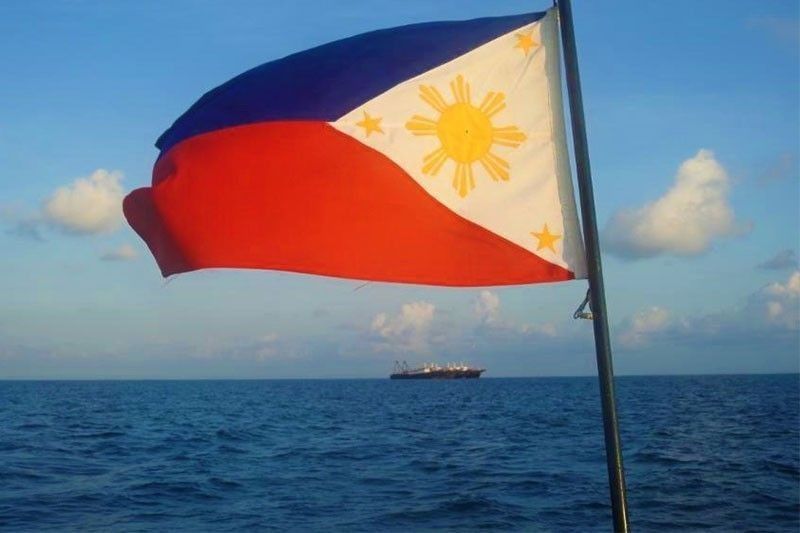Philippines-France defense partnership: Fortifying a new tide of maritime security in Indo-Pacific Region

This year, France and the Philippines mark 75 years of diplomatic ties. As France navigates its role as a formidable Indo-Pacific power, Manila celebrates its enduring bilateral relationship with Paris. The 1947 Treaty of Amity inked in France made robust the two countries’ bilateral relations for their mutual benefit.
While the Philippines remains confronted with maritime challenges, a strategic partnership with France can fortify a new tide of maritime security in the Indo-Pacific region. The French Navy or La Royale’s global acclaim as a respected naval commander reaffirms France’s commitment to help modernize the Philippines’ armed forces. The newly found confidence of the French Navy to partner with Filipino counterparts can pave the way to widen strategic, operational, and tactical assistance to Manila-based maritime law enforcement agencies and naval operators.
In the recently held international conference entitled “Revolutionizing the Philippine Defense Posture with France in the Indo-Pacific,” organized by The Stratbase Group, under the patronage of the French Embassy in Manila, Amb. Michèle Boccoz stressed the importance of strengthening the strategic and military relations between the Philippines and France. In doing so, she also spoke of France’s commitment to the shared values of the rule of law, and respect of the United Nations Convention on the Law of the Seas. The ambassador also emphasized strengthening sovereignty as a crucial area in cooperation.
In building up the Philippines-France defense partnership, the growing trust can be drawn from common strategic interests in freedom of navigation operations and shared values on maritime rules-based norms. Further, these two countries can strengthen shared norms to demonstrate goodwill in pursuit of confidence-building measures in an uncertain regional security environment.
Maritime regions are governed by regimes and jurisdictions at sea. These vast domains represent valuable maritime resources that are of strategic economic value to the Indo-Pacific states.
To ensure a minimum level of strategic depth, Manila has to continuously assert its sovereignty rights over the West Philippine Sea to maneuver non-traditional efforts on humanitarian assistance and disaster relief operations, transformational roadmaps of military modernization, and procurement measures necessary for defence acquisition of multi-role ships, submarines, and weapon systems.
France is a Mediterranean powerhouse known for exports, specifically aircraft, vehicles, food and pharmaceutical products, hydrocarbons and electronic components. The deepening trade ties and people-to-people engagements of Paris and Manila show that the two states value robust defense and bilateral economic relations.
The “Make in the Philippines” campaign – a trade slogan to attract foreign investments encouraged by the “make it work” mindset of Filipinos, has France as one of the 17 key target markets of the Philippines. In 2021 alone, a French company pledged 1.5 billion pesos in investments for a shipyard project, potentially creating 500-600 direct and indirect jobs for Filipinos.
Benchmarking on the French mastery of sea power can increase interoperability and maritime capability in the region. It can constructively support of the Philippine military modernization program and offer wide diplomatic networks in Asia and Oceania that could result in greater multilateral maritime cooperation. The strategic standing of France and operation expertise to de-escalate global tensions and promote vital economic linkages within the Indo-Pacific region are common aspirations of the two nations.
The Philippines’ maritime defense capability is anchored on the revised military modernization law aimed to develop naval defense. Through this act, it allows amphibious operations for both the military and civilian operations to defend the Philippines’ territorial seas and straits, all its internal waters, and exclusive economic zones, from all forms of illegal intrusion and passage. It reinforces the monitoring and protection of sub-marine based lines of domestic and international communication. This also provides preservation to all coastal, near-coastal, and riparian living and nonliving marine resources.
A holistic engagement with France offers a plethora of opportunities to foster strategic partnership outside Manila’s traditional allies and partners. The globalized world compels like-minded countries to work together in countering adversaries in imminent chokepoints and address challenges and insecurities.
As long as France positions its centennial naval aviation experience and stout sea power projection as an allied asset for peaceful and developmental multilateral and minilateral cooperation, a strategic partnership with France can provide prospects to engage in practicable defense programs to strengthen seacraft and maritime infrastructure readiness to bolster marine, and coastal capabilities of the Philippines
The Franco-Filipino defense ties is synergistic model of symmetrical strategic partnership that integrates naval and air power development in the region. The Philippines as a middle power should open more initiatives for sea power operations through French aerial and naval engagements.
As France has invested heavily on sea power development over the past 70 years, Manila can learn from its naval best practices to develop submarine and anti-submarine capability and initiate procurement of satellite linked technology to monitor borders and sea lines.
Dr. Chester B. Cabalza is the president and founder of the International Development and Security Cooperation and is currently a senior lecturer in the graduate program of the Department of Anthropology at the University of the Philippines-Diliman and a faculty-in-charge at the Development Academy of the Philippines (DAP).
- Latest
























